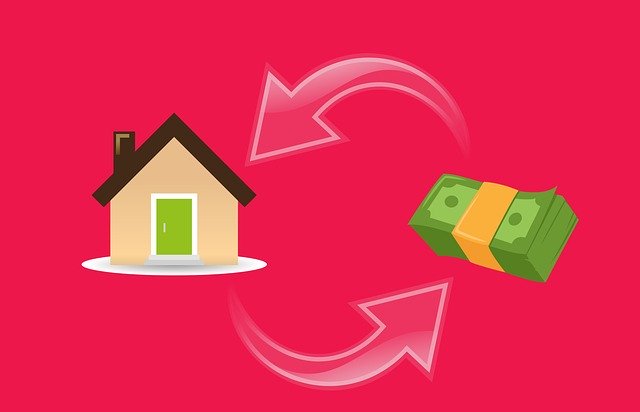As you step into retirement, the question of whether your home still meets your needs becomes increasingly important. It’s not just about the financial cost, but about how your home aligns with the life you envision for yourself in this new phase. Three individuals—Ed, Marguerite, and Evon—each took a different approach to this critical decision. Their stories offer valuable insights that can help you assess what is most important when deciding if your home is still the right place for you.
Ed: The Practical Decision
Ed and his wife enjoyed raising their children in a large, 5,000-square-foot home full of memories. But when the children moved out, the house began to feel more like a burden than a haven. The expense of maintaining the property, combined with the empty rooms and lack of use, led Ed and his wife to downsize to a smaller, more manageable home.
For Ed, the decision came down to practicality. They realized that maintaining a large home was draining their financial and emotional resources. They didn’t need the space anymore and found that a smaller home allowed them to focus on other priorities, like spending time with their grandchildren.
What You Can Learn: If you find that your home requires more maintenance, space, or financial commitment than you’re comfortable with, it may be time to consider downsizing. Ed’s story highlights the importance of assessing your home’s utility against the reality of your lifestyle and future goals.
Marguerite: A Change Triggered by Life Events
Marguerite had been living in her home for many years, enjoying her garden and her routine. But after a severe snowstorm left her dependent on her neighbors for help, she realized that maintaining the house on her own was no longer feasible. Additionally, the passing of her close friend and neighbor prompted her to reassess her living situation. At 93 years old, she decided to move into a senior living community where she could enjoy the security of daily support without imposing on others.
Marguerite’s decision was shaped by a combination of practical concerns and emotional factors. She valued her independence and recognized that staying in her house would make her too reliant on others.
What You Can Learn: Sometimes, life events push us to reconsider our living arrangements. Whether it’s a change in health, mobility, or emotional well-being, it’s important to ask yourself whether your home supports your current and future needs. Marguerite’s story is a reminder that it’s okay to move on when your home no longer fits your lifestyle.
Evon: A Gradual Realization
Evon had lived in a large family home in Georgia for many years, but as her children moved away and she found herself living alone, she began to feel that the house was too much for her. With severe osteoporosis and frequent falls, Evon recognized that she needed a home that was more accessible and closer to her children.
Unlike Ed or Marguerite, Evon didn’t make an immediate decision. She took her time, considering what kind of living environment would best suit her changing needs. Eventually, she moved into a smaller, handicap-accessible house, where she felt more comfortable and secure.
What You Can Learn: Evon’s journey shows that the decision to move doesn’t have to be rushed. Take your time to reflect on what’s important to you—whether it’s being closer to family, living in a more accessible home, or simply downsizing for ease of management. Sometimes, it’s about gradually coming to terms with the fact that change is necessary for your well-being.
How Do You Evaluate the Value of Your Home?
Ed, Marguerite, and Evon all had different reasons for re-evaluating their homes, but each of their stories centers around the same question: Does your home still support the life you want to live in retirement?
To help you assess your own situation, consider the following:
- Practicality: Does your home require more financial and physical maintenance than you’re willing to invest? Is it practical for your current and future lifestyle?
- Emotional Attachment: Are you holding onto your home because of memories, or does it still genuinely enhance your day-to-day life? Can you find ways to maintain those memories in a new space?
- Life Changes: Have events like health issues, mobility challenges, or changes in family dynamics made your home less suitable? Would a different living arrangement better support your independence?
Ready to Reassess the Value of Your Home in Retirement?
If you’re thinking about whether your home is still the right place for you, I can help guide you through the decision-making process. At Wealthy Choices®, I offer personalized strategies to help you make the best choice for your retirement. Contact me at 781-577-2311 or visit WealthyChoices.com to start planning for a future that aligns with your evolving needs.


